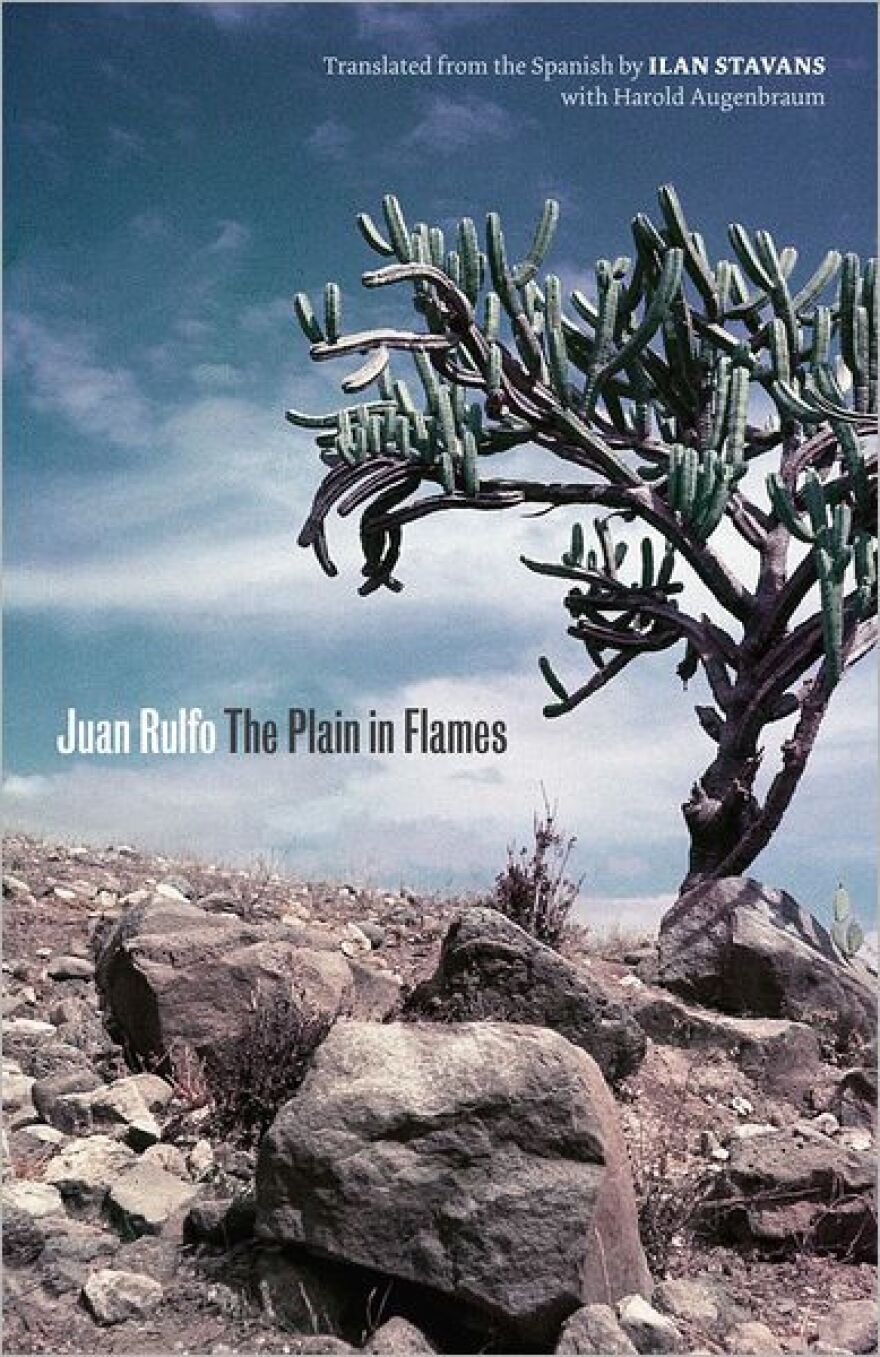At the center of the story “Remember” by Juan Rulfo is the refrain, "Remember," from the first-person narrator to some listener — a contemporary of his who went to school with him and should be aware of every incident that is recalled, every person named and described, every sad situation unearthed from the moth balls of memory.
“Remember,” he says over and again, while himself — as we’ll see — showing evidence that time has blunted the edges of his recall; the vagaries of his mind emerge in details that are by turns vivid or vague.

What is certain is that something terrible has occurred. Urbano’s childhood was already fraught. One single event from the fifth grade stands as some kind of unfortunate touchstone. This one time when Urbano ended up humiliated, so disgraced that he vowed a kind of revenge.
The narrator wants us to remember it as he leads us to a story about an act by Urbano that is dark and unspeakable — but also inexplicable.

From the narrator’s vantage point, it would seem that the listener must remember what happened over the length of those years because he was there, too. He must also bear the burden of what occurred. He must remember — and he must remember all of it, including what happened in elementary school. But why?
In his essay “Unforgivable,” Peter Orner discusses the story “With Reference to an Incident at a Bridge” by William Maxwell. It is a “vignette” or story, he says, that “has little action, little character development; it’s just a voice, really.” And in this story, too, as in Rulfo’s “Remember,” the narrator recalls something that occurred years ago. In Maxwell’s story, as Orner describes it, it happened among a group of Boy Scouts around age 12. The older boys in the troop decide on hazing the younger members, including Maxie Rabinowitz. While none of the boys is seriously injured in a feat that “knocks the wind out of every one of them,” the narrator recalls it as “an inexplicable act of violence perpetrated for no reason.”

Writes Orner “We have all done things we wish we could erase, forever, from the record. No matter how we airbrush our own histories, the hurt we have caused will, always, reach out for us…” Orner shares an anecdote about the time he also hurt the feelings of another boy in the seventh grade. Writes Orner, “And God knows…I’ve done a lot worse and a lot more recently. This is the only thing, on a long list of things, I’d take back.” He adds, “This is why Maxwell’s story transcends anecdote. Because the story refuses any absolution. You live with it, period.”
Orner quotes Maxwell’s narrator now as an older man who considers that perhaps even those boys who underwent the hazing may not even remember the incident, “considering the multitude of things that happen in any person’s life.” He adds “Cruelty could never again take them totally by surprise. But I have remembered it.”
Writes Orner, what the story “does, finally, is instruct the narrator on the nature of his own heart.”
TPR was founded by and is supported by our community. If you value our commitment to the highest standards of responsible journalism and are able to do so, please consider making your gift of support today.



